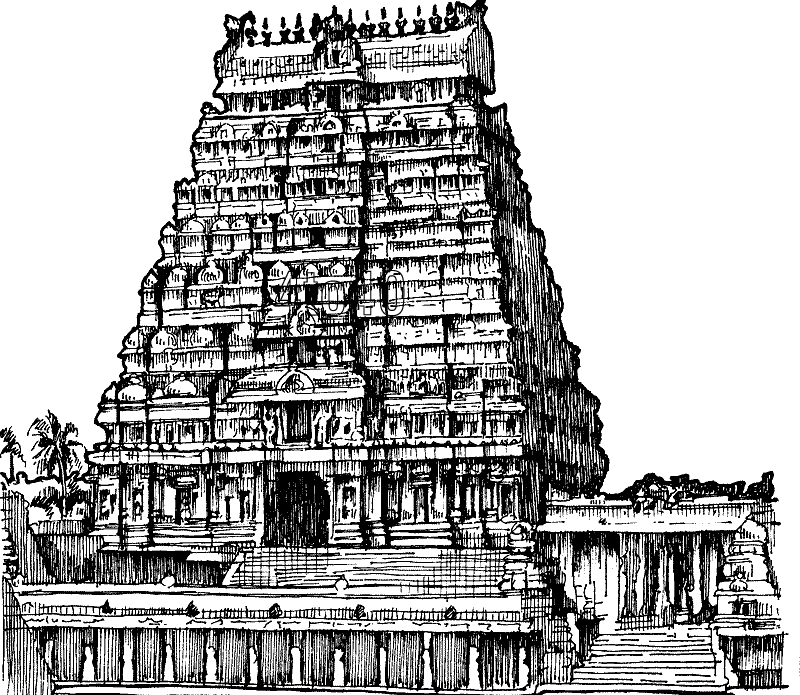LALITHA SAHASRANAMAM - Namah # 54
- S Subramaniam
- Sep 27, 2022
- 2 min read
LALITHA SAHASRANAMAM
@ S. Subramaniam

स्वाधीन-वल्लभा (54)
Swadheena Vallabha (54)
Meaning:
The superficial meaning of the Namah is that the consort of Devi, Lord Shiva, belongs to her and exclusively to her. The inner meaning, however, is something different.
Interpretation:
For easy understanding the word Swadheena needs to be split into Swayam (own) + adheenam (control) - exercising control over something. Vallabha, of course, stands for Lover and in this case it obviously refers to Lord Shiva.
When read together, it indicates that
Devi expresses the feel of her possessiveness towards Lord Shiva and declares that he belongs to her and to her alone. The choice of the word Vallabha meaning lover, is very important here as it points out the amount of love (passion) Devi has towards Lord Shiva.

However, it should be clearly understood that it was Lord Shiva, who created Devi and shares his powers with her. He is supreme, He is above all, and cannot be owned or possessed by anyone. The Namah is meant to explain the love, the togetherness of Devi and her consort, not about control or possession.
Adi Shankara in the opening verse of his magnum opus composition Soundarya Lahari also mentions about the relation between Devi and Lord Shiva.
शिवःशक्त्यायुक्तोयदिभवतिशक्तःप्रभवितुं.
Shivah Shakthya Yukto Yadi Bhavatah Shaktah Prabhavitum
The Sage underlines here the importance of Shakti when he wonders how Lord Shiva can manifest the Universe without being united with Shakti.
It should be understood here that the very purpose of composing 100 verses by Jagadguru on Devi is to glorify her and he maintains the same gesto all throughout.
Sometimes to clearly explain a certain point, something contrary to it is established first. Reading the entire text / entire works of Shankara will clearly indicate the magnificent power of Lord Shiva and his dominance, his superiority. He cannot be subdued to someone, not even to his consort Devi.

It is Lord Shiva who has parted half of his body to Devi. That indicates two things (1) the intensity of his love towards Devi and (2) his supreme power to do anything in this universe - sometimes something totally, unusual, unimaginable. It is the same Acharya who has also composed the Ardha Nareeswara Stotram glorifying both Devi and Lord Shiva. Therefore one should not draw a conclusion reading just one line - only the first line of SL.
Disclaimer: _ All matters contained in this article are the property of www.templesofasia.com. The opinions expressed in this article are purely that of the author. The author alone is responsible for the accuracy, authenticity, completeness and validity of all the information in the article.





Comments